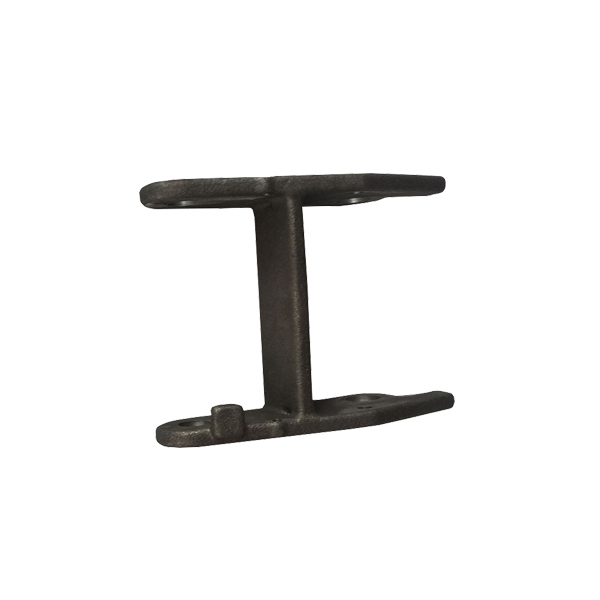The Key Advantages of Ductile Iron for Investment Casting: A Strength, Ductility, and Corrosion Resistance Perspective
2024-04-29
In the realm of metal casting, Ductile Iron Investment Casting has emerged as a preferred choice for numerous industrial applications. Its unique properties and advantages make it stand out among other materials, offering a combination of strength, ductility, and corrosion resistance that is hard to beat. Let's delve deeper into the key advantages of using Ductile Iron for investment casting and compare it to other materials.
Firstly, Ductile Iron boasts impressive strength characteristics. Its tensile strength, which measures the maximum force a material can withstand without breaking, is significantly higher than that of gray iron, a commonly used material in casting. This enhanced strength allows Ductile Iron castings to perform under heavy loads and in demanding environments, making it suitable for applications such as automotive parts, machinery components, and pipe fittings.
Moreover, Ductile Iron offers excellent ductility. Ductility refers to a material's ability to undergo significant deformation without fracturing, and Ductile Iron excels in this aspect. Its high ductility allows castings to withstand impact and vibration, reducing the risk of cracking or breaking. This makes Ductile Iron an ideal choice for applications that require flexibility and resilience.
Furthermore, Ductile Iron demonstrates superior corrosion resistance. Its alloy composition, which typically includes silicon, manganese, and phosphorus, enhances its resistance to corrosion and oxidation. This property ensures that Ductile Iron castings can withstand exposure to moisture, chemicals, and other corrosive agents, maintaining their integrity and functionality over time.
When compared to other materials commonly used in investment casting, such as steel or aluminum, Ductile Iron offers a unique balance of strength, ductility, and corrosion resistance. Steel, while offering high strength, can be less ductile and more susceptible to corrosion. Aluminum, on the other hand, while lightweight and corrosion-resistant, may not offer the same level of strength as Ductile Iron.
In conclusion, Ductile Iron Investment Casting offers a comprehensive set of advantages that make it an attractive choice for a wide range of industrial applications. Its strength, ductility, and corrosion resistance properties provide a robust and durable solution that can stand up to the demands of various environments and use cases. Whether it's for automotive components, machinery parts, or any other application that requires high-performance castings, Ductile Iron Investment Casting is a worthy consideration.



